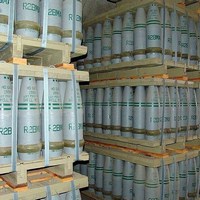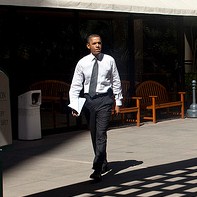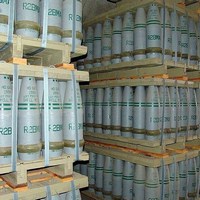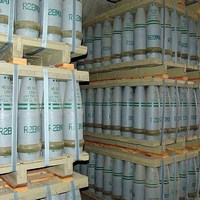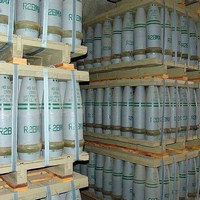
In the weeks since British Prime Minister David Cameron lost a parliamentary vote that would have authorized the use of force in Syria, commentators have breathlessly debated whether the crisis over the Assad regime’s use of chemical weapons has heralded a significant shift in Western security relationships. Some have been moved to claim that, as a consequence of the vote, Paris is gradually replacing London as Washington’s European security partner of choice. While certainly providing food for thought in both the U.K. and France, such claims are profoundly misleading. Insofar as the United States chooses to work with its European […]


